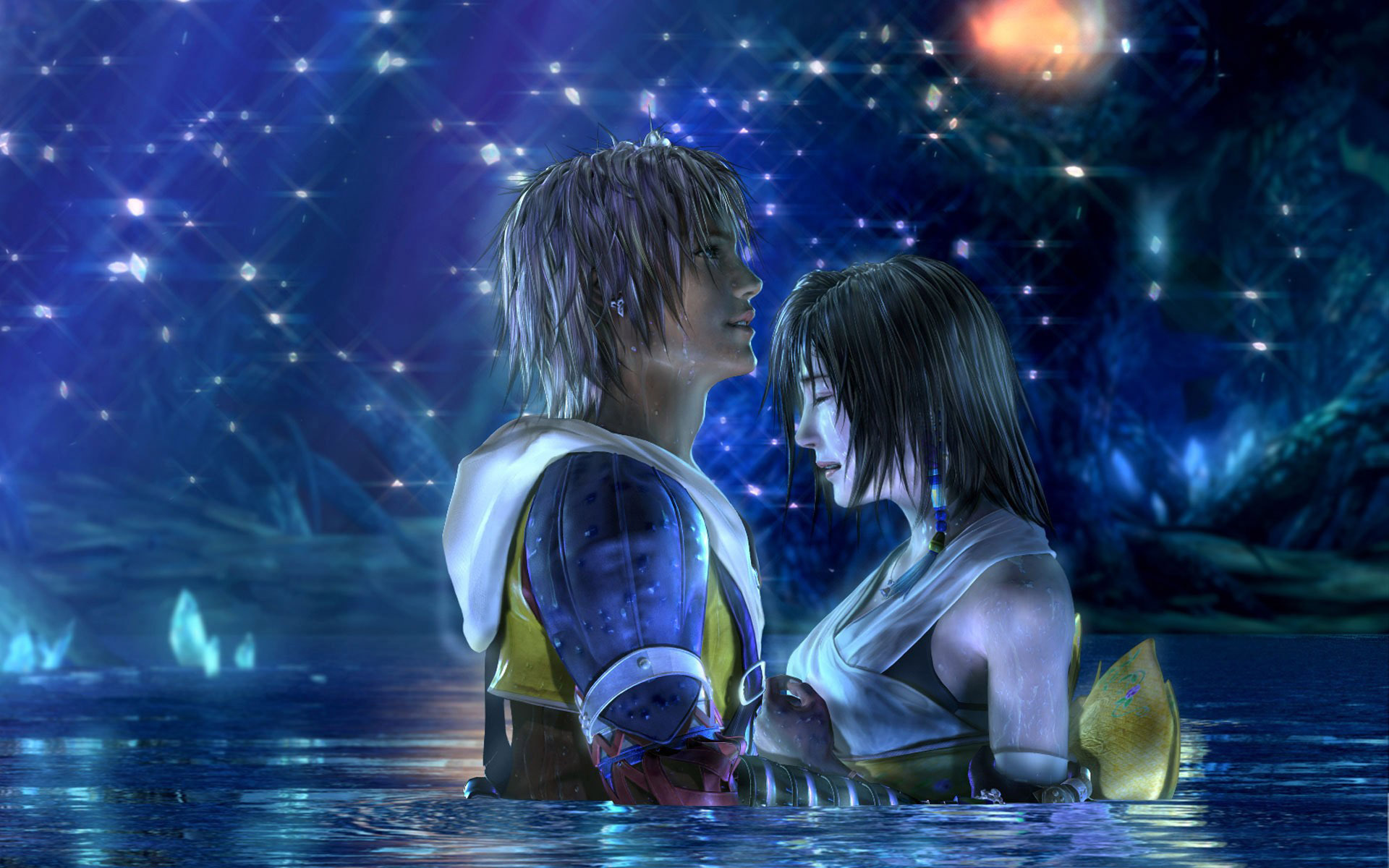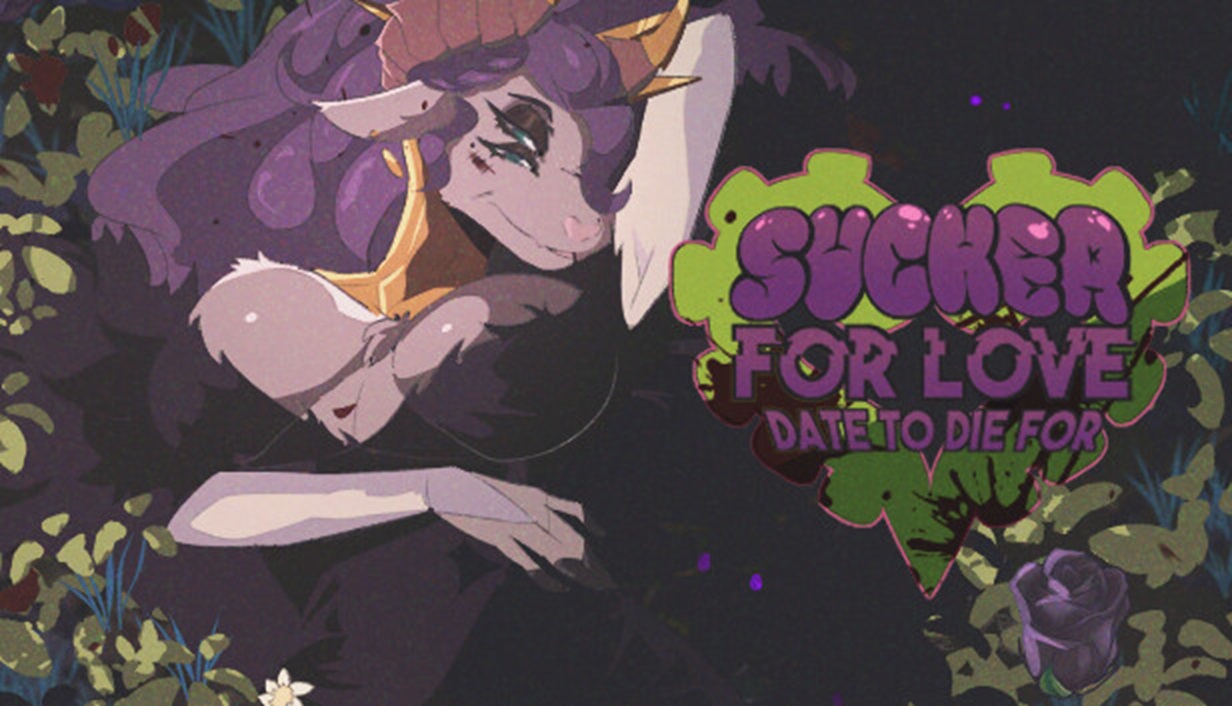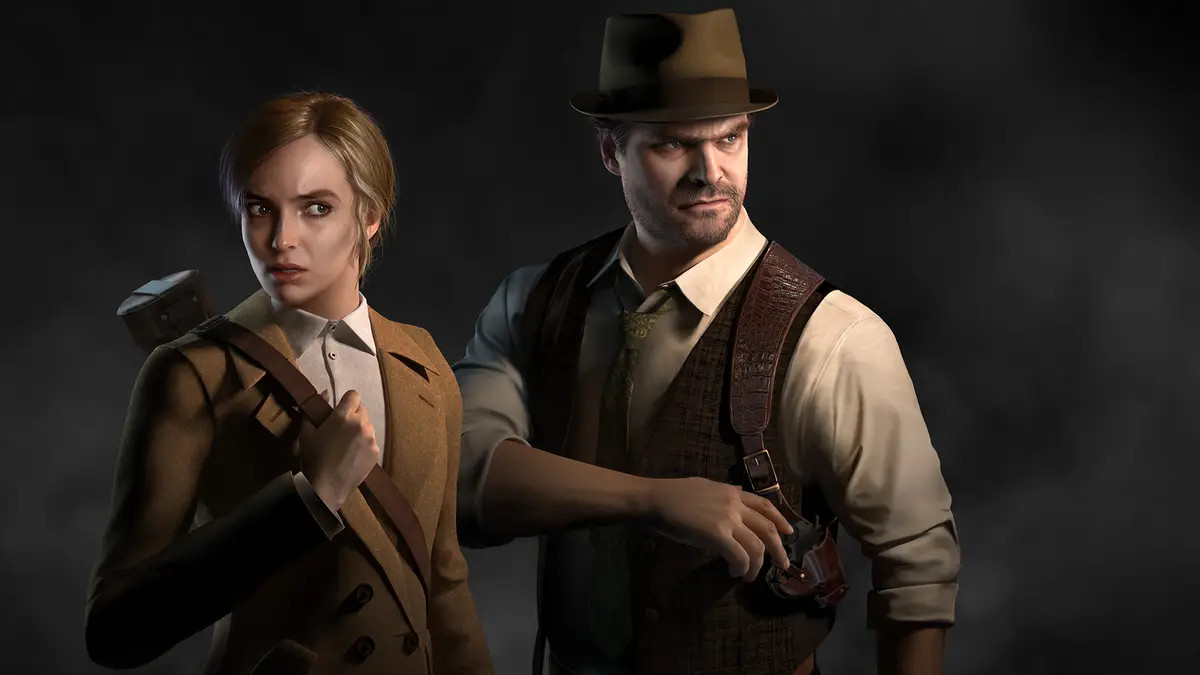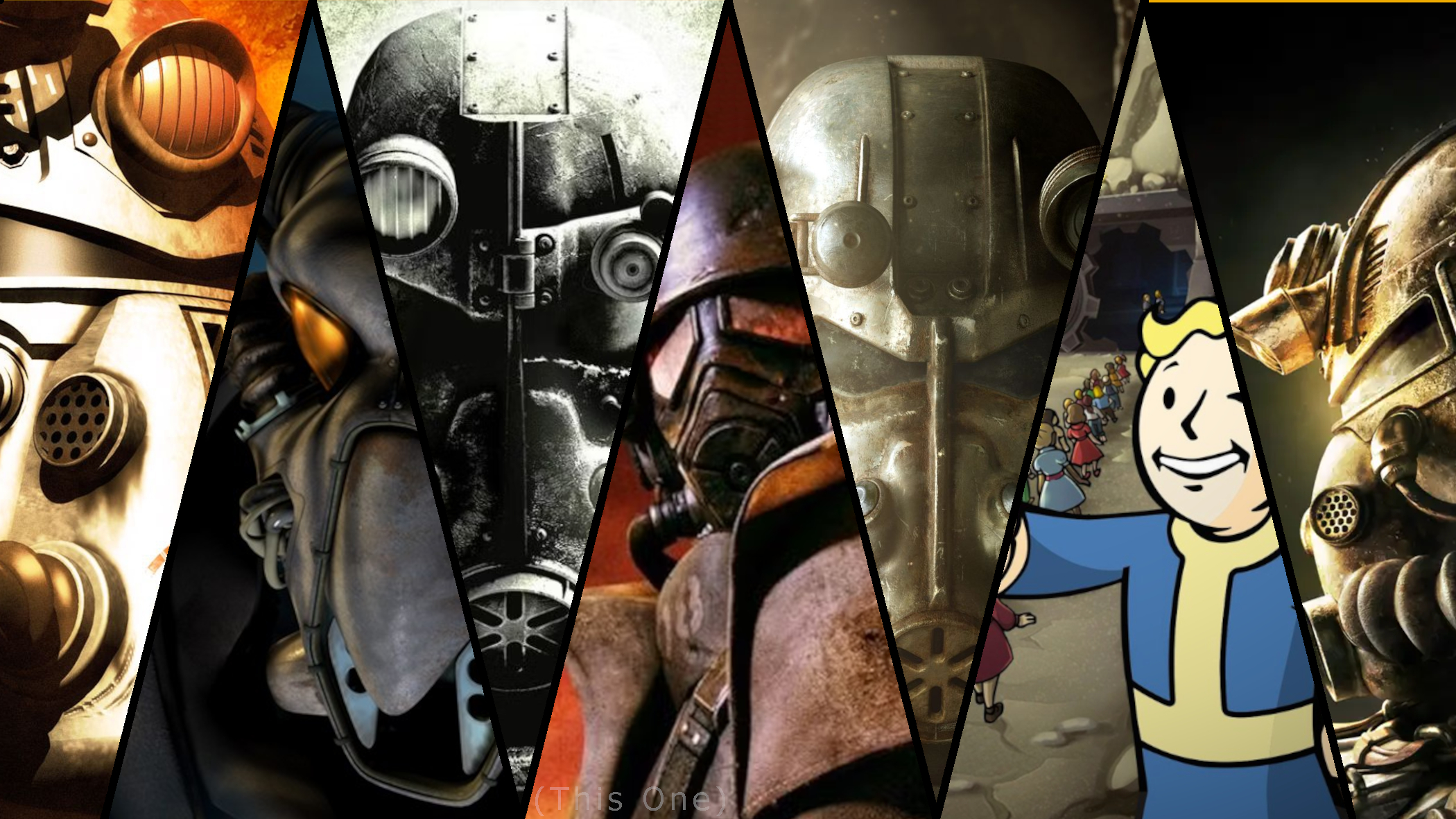Recently, in my downtime, I’ve recognized that many contemporary video game icons confirm a truism about reiteration. And this is the truism. Few things are original, in the sense of never being done before; many things are original, in the sense of sharing some common origin. Now, most original things in the latter sense share a common origin in human experience. The reason why we still tell stories about heartbreak, homesickness, and honorable knights slaying dragons is because we’ve experienced these things. Here I wish to demonstrate that some video game franchises are original in the latter sense. They have more in common than we think: sometimes it seems they’re practically identical.
Figurine Folktales
First, I want to offer two stories that seem to be the same story.
Many of us, I think, at some time, have played with figurines. We’re generally familiar with the experience of crafting a story with familiar characters going up against some unlikely terrible force to restore peace to some imaginary place. To illustrate, let’s make up a village. Call it Witchenden. The Witchendites live peaceably with each other, always sharing, always caring, always enjoying each other’s presence and presents. When a rift opens above the city, Ganon exits his heavenly entrance and fires a mind control device on all the Witchendites. By some odd twist of events, Sonic and Mario meet. After an awkward conversation about how they got there, they agree to take down Ganon and save Witchenden. In a creative clash of clumsily imagined maneuvers, sharp scene changes, and a few bouts of maniacal laughter, Sonic and Mario overthrow Ganon. Witchenden is at peace once more! Huzzah!
Now let me tell the story differently. Imagine Mobius. Like Witchenden, everyone in Mobious lives peaceably with each other, always sharing, always caring”¦When, from outside, in comes Dr. Eggman with a mind control ray. Eggman zaps the Mobius civilians, enslaving them. Sonic and Tails, observing the recent events, team up to defeat Eggman and win Mobius back. In a creative clash of events, Sonic and tails overthrow Eggman and restore peace to Mobius.

The Same, Or Similar?
Now, I find it fascinating that these are nearly the exact same stories that most video game franchises tell today. Both stories seem identical. Just replace the characters and you’ve got the same plot line, right? To be sure, they are not really identical. When we experience the adventures of Sonic the Hedgehog, then move on to experience Tidus’ story in Final Fantasy X, we know they’re different. We know it because we experience the stories differently. Therefore, though the stories seem identical, they are distinct. But how can these stories be different and yet have so much in common?
The Poetry of Reiteration
I think we underestimate the humanness of reiteration. In fact, there seems to be a poetry to reiteration. These kinds of stories remind us of something we may have forgotten long ago. Because we’ve forgotten, we need reminders. So, we tell stories. Stories of characters we recognize, desires we recognize, despair we recognize-all through the power of reiteration.
To clarify, reiteration is telling a familiar story in a different way. Whether we’re talking about Sonic saving Mobius from Dr. Eggman or Mario saving the Mushroom Kingdom from Bowser, we’re relating a reiteration of a story that’s as old as humankind. If that’s true, then they connect us with something more fundamental to humanity. Through them we channel ancients who have experienced first- and secondhand this poetry of reiteration. In Final Fantasy, we meet Shakespeare; in Legend of Zelda, we meet Edmund Spenser; in Kingdom Hearts, we meet something like the founder of some ancient near Eastern religion. They’re merely a reiteration of something we already knew. “Though these flowers spring from the same soil,” said one British writer, “it is not the same faded flower that is flung from hand to hand. Those flowers are always fresh.”
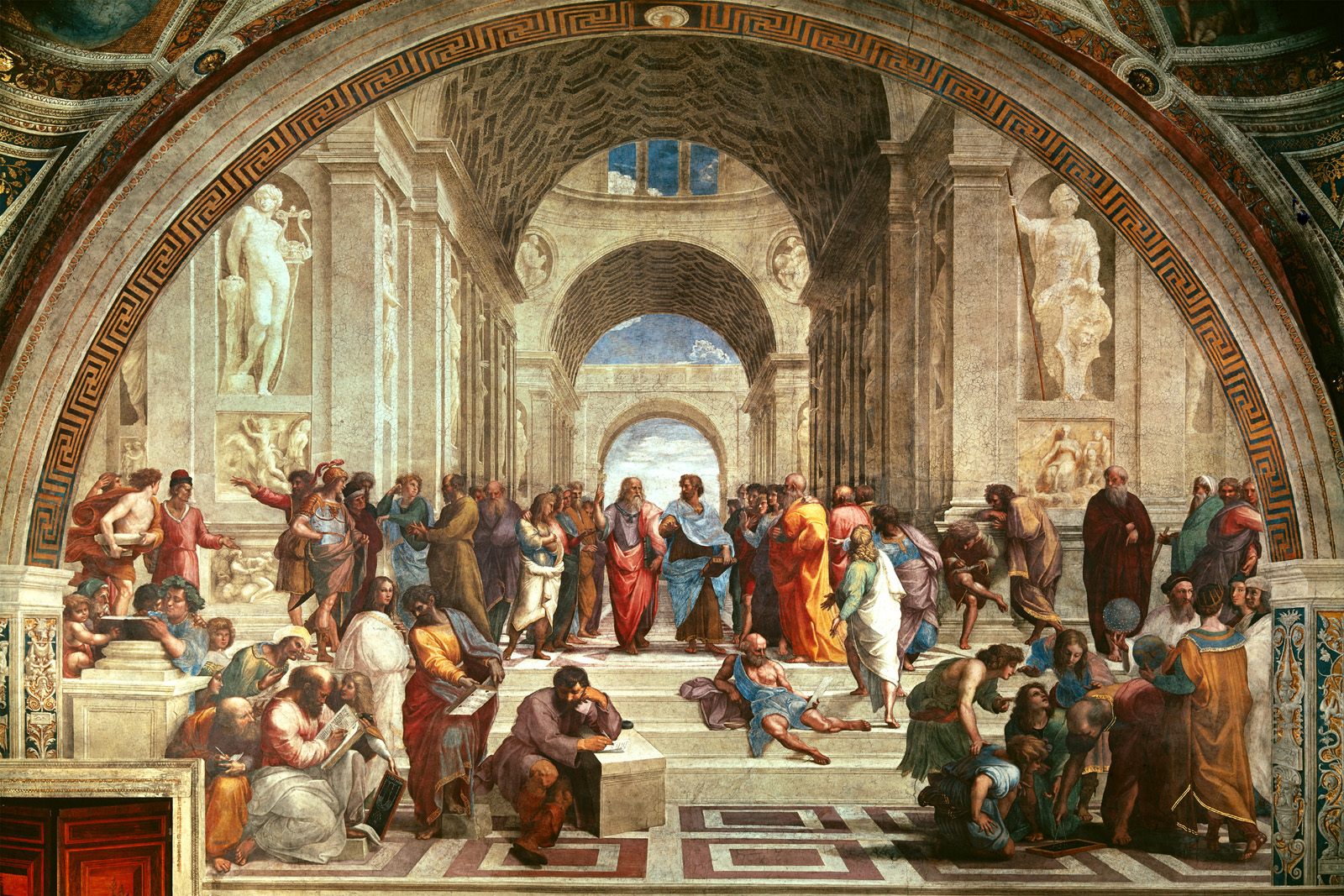
An Objection
But doesn’t repetition reduce the value of the story? No. Usually it’s good stories we want to hear again and again. In addition to affirming a fundamental quality of humanity, reiterating stories takes creativity. Because of this, I refrained from saying these stories really were identical. Storytellers tell stories differently. Some storytellers might focus more on the loss of innocence and peace than on its restoration. It depends on what one wants the audience to see. But we still recognize fresh old ideas when we see them.
Conclusion
In sum, reiteration is good. It’s good that we still tell stories about heroes saving kingdoms, damsels in distress, and so on. It means we’re human. In a basic sense, this is a fairytale. To ancients, it’s a myth. In our experience, it’s a true story. British writer G. K. Chesterton once said, “The story of a Christ is very common in legend and literature. So is the story of two lovers parted by Fate. So is the story of two friends killing each other for a woman. . . It is tolerably plain, surely, that these two stories are common. . .because our nature is so built as to make them almost inevitable.” Chesterton, I think, is right, almost inevitably right.
